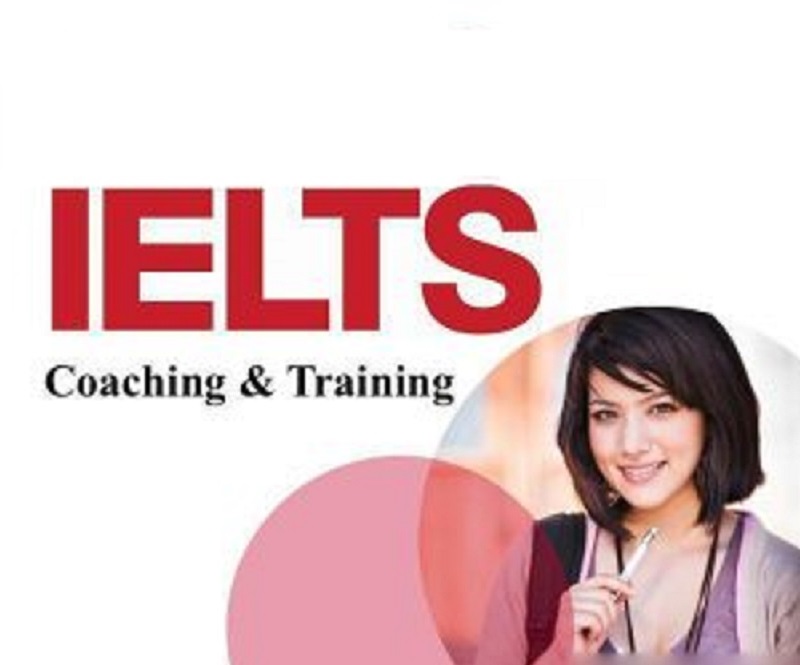Flashcards can be a fruitful and versatile tool in preparing for the IELTS (International English Language Testing System) exam.
Read more –
What is IELTS?
Here are a few ways flashcards can support:
2. Language Barriers
It is important to consider the language barrier. While it can be a great opportunity to learn a new language, it can also be challenging to study in a different language. You should ask yourself if you’re willing to put in the effort to learn a new language or if you prefer to study in a country where the language is similar to your native language.
1. Vocabulary building
The IELTS exam tests your English vocabulary widely. Flashcards can help to build your vocabulary by providing a simple and actual way to memorize new words and phrases.
2. Grammar practice
IELTS tests your grammar proficiency. Flashcards can help you practice grammar rules and sentence structures, making it convenient for you to use them in your writing and speaking tasks.
3. Time Management
Flashcards can be easily used during short periods of free time throughout the day. This can help you optimize your study time and fit in extra practice even when you’re on the go.
4. Test your knowledge
Flashcards allow you to test your knowledge of different topics covered in the IELTS exam. This can help you identify areas where you need to focus more and study
5. Confidence building
Flashcards can help you feel more confident going into the exam. As you review your flashcards and become more familiar with the material, you will feel better prepared and more comfortable with the exam format.Overall, flashcards are a useful and versatile tool in IELTS preparation. They can help you build your vocabulary, practice grammar, manage your time, test your knowledge, and boost your confidence. Here are some additional details about how flashcards can be used to prepare for the IELTS exam:
1. Create personalized flashcards
Flashcards can be created to suit your individual needs and learning style. You can make flashcards for vocabulary words, grammar rules, or practice questions.
2. Use Visuals
Incorporating images or diagrams into your flashcards can help you remember information better. For example, if you’re studying vocabulary related to the environment, you can include pictures of trees, recycling bins, or solar panels to help you remember the words.
3. Categorize your flashcards
You can categorize your flashcards based on topics or difficulty levels. This will help you stay precise and focused during your study sessions.
4. Use different types of flashcards
There are various types of flashcards you can use, such as traditional paper flashcards, digital flashcards, or even voice-recorded flashcards. Choose the type that works the best for you.
5. Set goals and track your progress
Set goals for what you want to achieve in your IELTS preparation and track your progress with flashcards. This can help you stay inspired and see the improvement you’re making.
6. Incorporate flashcards into your study routine
To maximize the benefits of flashcards, incorporate them into your regular study routine. Review your flashcards daily or weekly, depending on your schedule.In conclusion, flashcards are a nifty and effective tool for IELTS preparation. They can be customized to suit your individual learning needs, help you remember information better, and provide a structured approach to your study routine. Here at
Focus Education Global Pvt. Ltd., this engaging method is used by our expert faculties in order to make learning easier and more exciting which makes the class more interactive. Not only the method is gripping but is also result oriented.
For more in-depth learning join our FREE DEMO for
IELTS classes at Focus Education Global Pvt. Ltd., experience it on your own and make us a part of your study abroad journey.

